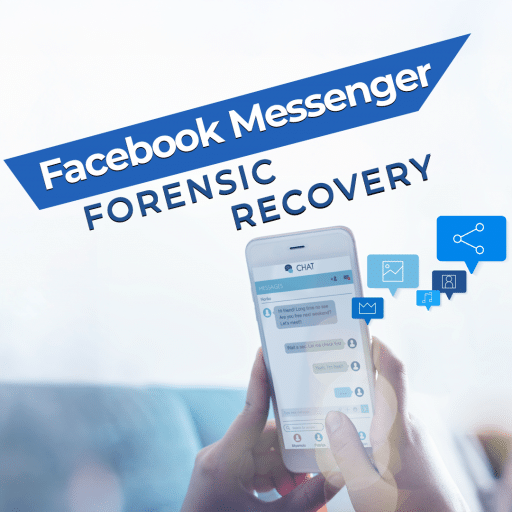If you have ever been a victim of catfishing, you know how terrible it can make you feel. If you do not know what a catfish scam is, then you need to learn, so it does not happen to you.
Catfishing is a way to trick or deceive people by setting up a fake online identity that includes false pictures and personal details . The images selected are usually photos of attractive people, to lure the victim into engaging with the profile.
There are lots of people out there looking for a real relationship, and with the wrong situation or bad connection, they could become a victim of a catfishing scam. With catfishing, innocent people are commonly dragged into the emotional or financial fallout that comes with this crime. But the victims are not alone, when and if this happens to them.
There is practical, step-by-step help that is available for catfish victims, that when taken, will make every attempt to get their life back to normal. The information on this page will provide you with the things you need to do.
Recognizing the Red Flags of Catfishing
Like they say, when something is too good to be true, it usually is, and that is the case when you are being catfished.
There are many signs and red flags when someone has contacted you, and it seems innocent at first, but then turns bad quickly. Some of the deceit will start with the phony personal profile details and the fake pictures will be “too perfect” for the unsuspecting victim.
Other red flags include them refusing to jump on a video chat, or they suddenly are making rapid declarations of love and start asking for explicit photos from you early in the conversations. You need to detect the catfishing technics initially so you can keep control of the situation and act accordingly. When you are being catfished, the first thing to do is to take the emotion out of it and start acting logically so you can unmask a catfish.
Immediate Steps To Take If You’ve Been Catfished
If you discover that you have been catfished, it is important to take immediate action so you can get to work bringing the criminal to justice:
- The first thing you need to do is stop communicating with the perpetrator.
- Now you need to start taking inventory of what has occurred and think about what you sent to the criminal like photos, videos, access to any of your accounts, or gifts.
- Begin to secure all your accounts on your computer and mobile devices.
- Go over the conversation history and interactions with the perpetrator and document everything that can be used as evidence against them.
- Contact any relevant platforms you are on and notify the monitors or administration
Recovering From Catfishing Scams
Recovering from a catfishing scam isn’t easy, but you can get your life back to normal by taking the right steps.
If you’ve been extorted in any way after being catfished, follow these steps:
- Report it to the Authorities: This can be both local and federal agencies.
- Report what happened to the social platform’s support or administration.
- Get help from Cyber Security professionals.
- Seek legal help with a law firm that specializes in all cases of extortion.
- Do not feel sorry for yourself, or run from the situation, this happens to a lot of innocent people just like you.
Take Control of Your Digital Life
Remember that there are lots of obvious red flags when connecting with someone new online or on a social platform, where it is fertile ground for criminals to make you a victim of a catfishing scam. If being catfished happens to you, you first need to disconnect from this perpetrator and start taking action/steps that will get control of the situation. This is the time to call a professional Cyber Security company like Digital Forensics Corp. which has years of experience dealing with sextortion and cyber criminals. Our team of skilled experts will help you put your life back together. Contact our blackmail helpline at 1-800-849-6515 to speak to one of our investigators today.






